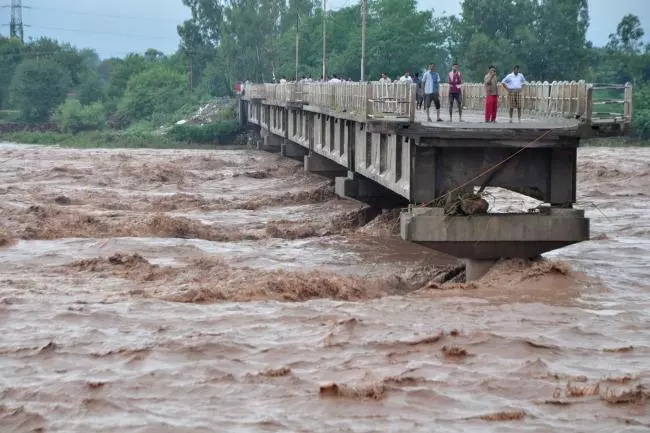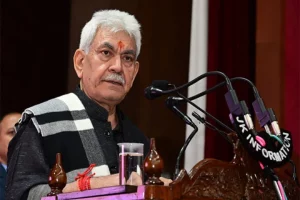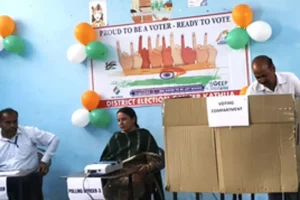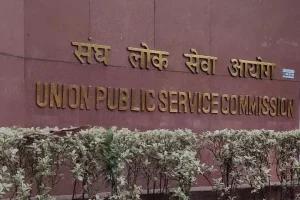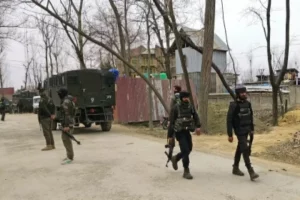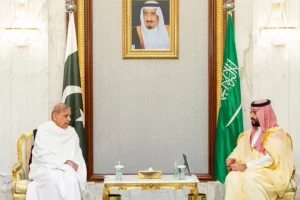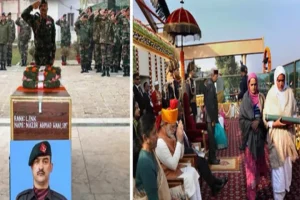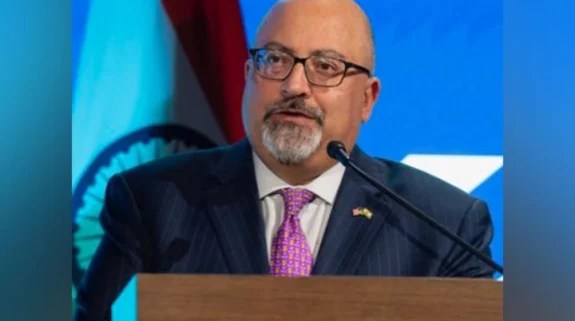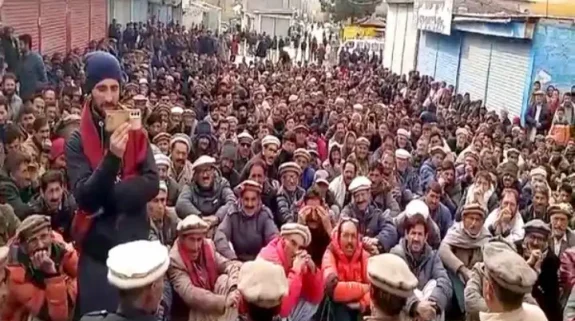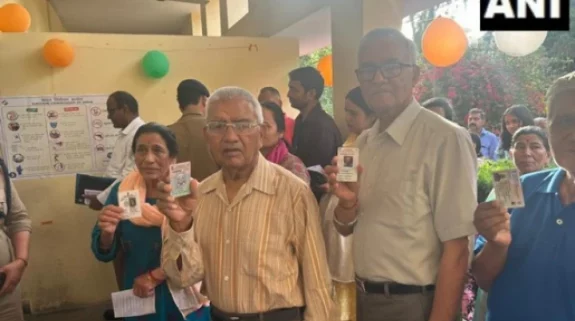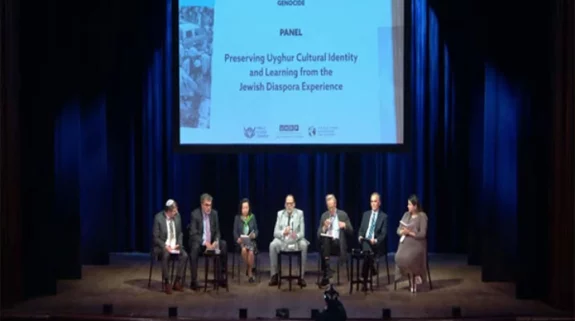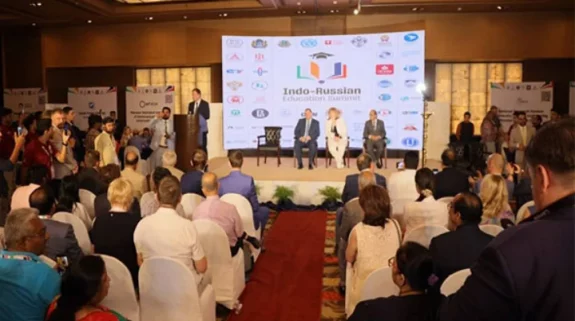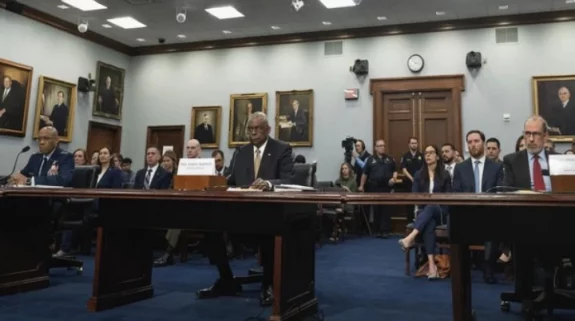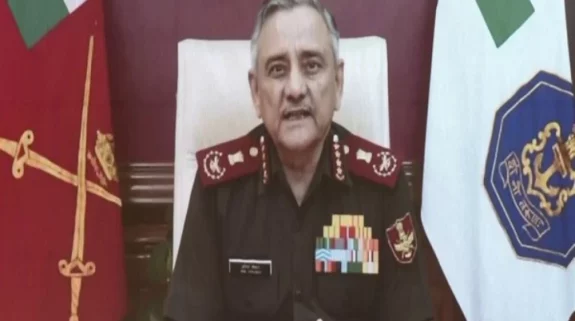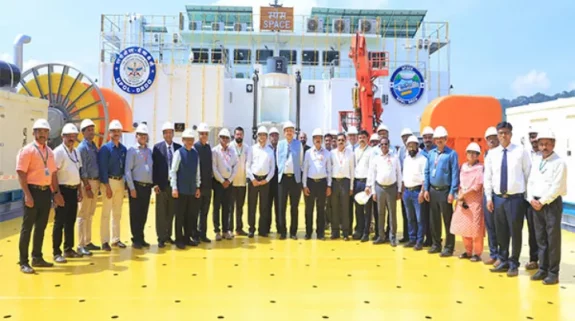The World Bank has granted final extension to the much-delayed Rs 1500 crore Jhelum-Tawi Flood Recovery Project (JTFRP) which had been approved in June 2015 for reconstruction of the public sector infrastructure damaged in the unprecedented floods of September 2014. Its key objectives included strengthening the disaster management mechanism in Jammu and Kashmir.
In its previous extension, 30 June 2020, had been fixed as the final deadline for completion of the project. However, due to a host of reasons, including the situation created by the abrogation of Article 370 and reorganisation of the erstwhile State and the Covid-19 pandemic, the project suffered inordinate delays. The Government of Jammu and Kashmir sought yet another extension, which has been granted with the condition of the ultimate deadline of 31 December 2023.
The World Bank has made it clear, in a communication to the Union Finance Ministry and the J&K Government, that they would have to meet the expenditure of the languishing works out of their own resources if the works in hand were not completed by the end of the current year.
“We also refer to the letter from the Department of Economic Affairs, Ministry of Finance F.No. 05/06/2014-FB.VIII/V dated December 19, 2022, requesting the Association to extend the Closing Date of the Credit by 12 months. We are pleased to inform you that the Association concurs with the request and has established December 31, 2023, as the later date for purposes of Section IV.B.2 of Schedule 2 to the Financing Agreement,” reads the letter written by Hideki Mori, the World Bank’s Acting Country Director (India) to Rajat Kumar Mishra, Additional Secretary (MBC), Department of Economic Affairs, Ministry of Finance, and the Jammu and Kashmir Chief Secretary Arun Kumar Mehta, also functioning as Financial Commissioner, Finance, in the UT Government.
The works supposed to be commissioned within the current year are a new block of Srinagar’s key maternity hospital, Lal Ded, which is badly suffering for want of infrastructure, facilities and human resources.
According to the World Bank, the project has shown progress over the last two-and-a-half years in improving the pace of public infrastructure construction, completing livelihood support activities, implementing CERC component activities to boost healthcare services for Covid response, and augmenting disaster preparedness capabilities.
J&K: Dawar Army Camp of Snow Leopard Brigade airlifted a pregnant lady stranded at Dawar for last 4 days.She is presently undergoing treatment at Lal Ded Hospital at Srinagar.Presently, Gurez Valley is cut off from the rest of Kashmir Valley due to high snow levels at Razdan Pass pic.twitter.com/PgqVUXbYnS
— ANI (@ANI) April 2, 2020
One of the notable contributions of the project has been the installation and commissioning of 30 oxygen generation plants in rural areas of J&K which include Gurez and Tangdar in Kashmir and Bani Basohli in Jammu. The project has committed 100% of the credit with signed contracts including the cost variations and funds earmarked for implementation support but a number of works have not been completed as per the detailed project report.
Officials said that out of 213 contract packages under the project, 159 have been completed till 15 December, 2022. These includes completion 41 schools and higher education buildings; 10 road packages; one bridge; silk and wool factories and showroom with new machineries; procurement and deployment of mobile pumps; search and rescue equipment and trainings and technical support to handloom and handicrafts sector and artisans; and, several technical studies and assessments.
Also Read: Rs 2,000 crore Kashmir handicrafts trade gets fresh push after being ignored by NC, PDP govts






